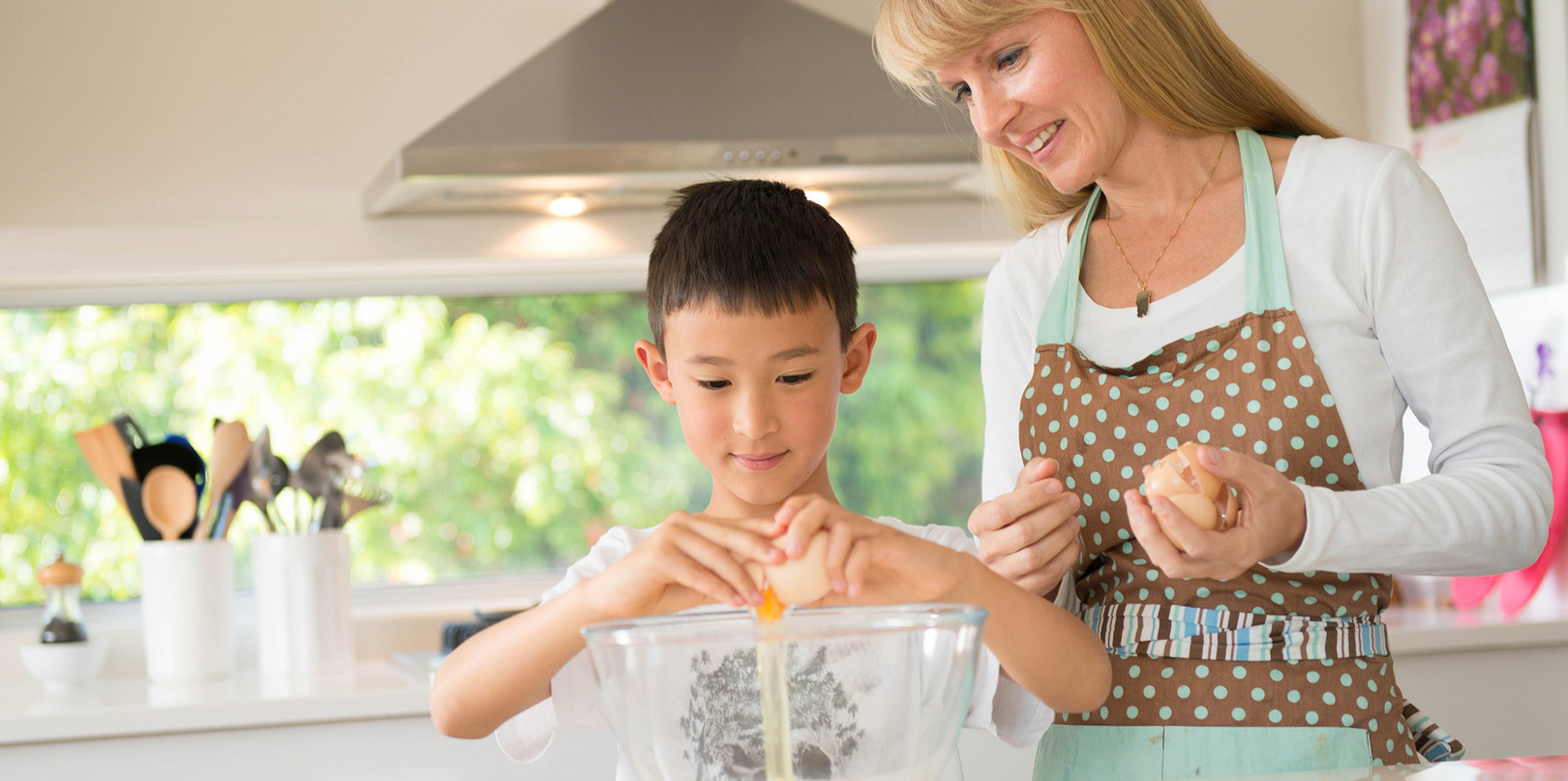Assessments and true education

Assessments and true education
From day dot we are assessed. In utero, our biological processes are assessed for their development, and our baby is assessed for its right development. During labour, our heart rates – mum’s and bub’s – are assessed for how well each is coping. All through childhood we have benchmarks to assess development and ‘normality’ by.
Throughout school we are given exams and assignments to gauge our intelligence and record it for future posterity. In my daughter’s first year of school, the children were scored in their twice-yearly report cards on every subject, given an A-D for ability, including music, art and sport. We can question, do we really need assessments for 5-year-olds on how ‘good’ they are at drawing or on whether they have ‘correct pitch’ or not? Is this the mark of a true education?
Pretty much every extra-curricular activity we do, from music lessons to grading for which soccer team we fit into, gets assessed... are you ready yet to go up to the next level? In job interviews we are assessed and scored on our answers, ranked as to who is going to be the better employee. It’s inescapable and the question needs to be asked; do we need a world where assessments are king?
Obviously, there are times when being assessed is great and very needed. I loved knowing my unborn child’s heartbeat was steady and strong during labour. And I loved knowing my vet would have undertaken exams to confirm her technical knowledge so she could perform my alpaca’s castration! Assessments are not all bad. But have we as a society gone overboard?
We seem to be a society that is dead set on creating competitions that identify the kids who are super talented in a particular field. The consequence then is that children end up using this to establish a sense of worth and worthwhile-ness. School assemblies are parading kids on stage to receive awards for what they can do, and they become known then as the ‘smart’ or ‘talented’ ones. What about the kids – most of them – who haven’t shown an out-of-this-world talent for something?
While schools seem to make an effort to tell kids ‘all you have to do is try your best and that’s enough’, our actions are speaking louder than words. Kids are expert at reading between the lines and when they see and feel others getting lauded for what they can do, they put two and two together and see the greater levels of attention are being given to the can-do kids.
This doesn’t mean assessments and testing are bad. In fact, we still need testing to some degree because we – as a humanity – need to be sure that the people in certain jobs are adequately prepared with the knowledge they will need to perform their jobs. Assessments need to be used to understand where ‘I’ am in terms of that subject, or put another way, my personal relationship with that class/topic.
Our relationship with assessment, rather than the fact of assessment, is what needs revision.
Society needs to question if the way we use assessments is limiting children (and adults alike) from being able to fully express in the way we all, as kids who grow up to be adults, need to express. Our ‘score’ should never be the sole feature used to determine what activities we are allowed to do or to determine our true pathway.
The Australian and UK education system seems to be centred on assessing kids and using those scores as benchmarks for their capabilities, the abilities of the teacher and so-called standards of teaching, which to me falls far short of a true education. We don’t need report cards that grade our children based on a snapshot of a moment in time to see if our kids are learning. I as a parent have never tested my child and yet I know exactly what she can do, what she is and isn’t good at or capable of, not to mention her redeeming and not-so redeeming qualities that tell me who she is.
Should we not have a system where the kids – and I mean EACH and EVERY child – is educated to know and live who they are, to understand what they bring to others, and can reel off what their personal qualities are? What too, if every child in the class knows fully the qualities of every other student alike and uses that to be able to understand their peers and get along?
I want to hear kids talking about themselves using words like graceful, insightful, playful, respectful, thorough, engaged, loving, serious, humble, cheeky, inclusive, tender, direct, accepting etc. And this from kids scoring ‘As’ through to ‘Ds’.
We don’t have to be good at everything. But we do need to use the assessment process much more wisely, and we do need to be good at knowing exactly who we are. If my daughter can leave school knowing herself from the inside out and what her true purpose is, then and only then will she have had a true education and will then truly fly.
Filed under



 PRINT PAGE
PRINT PAGE




